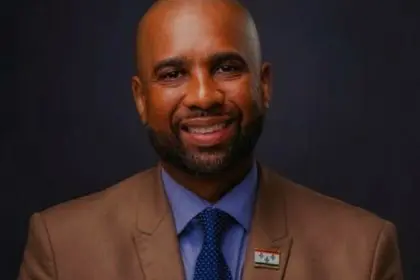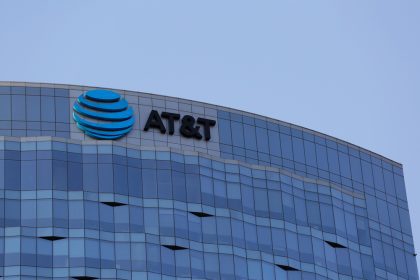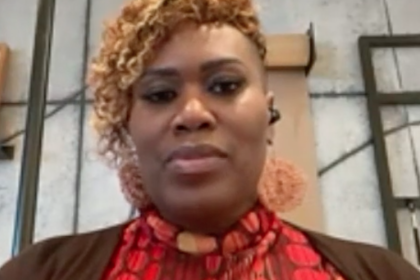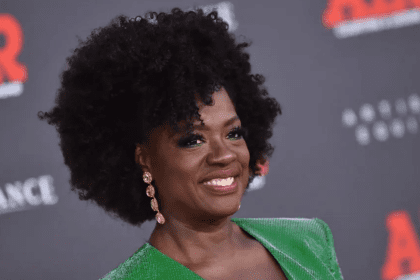Pepper Miller is an author, award-winning speaker, consultant, and diversity expert who works mostly in the field of multicultural marketing to advocate for the Black community. Her latest book “Let Me Explain Black Again,” was inspired by challenging others to rethink their understanding of Black people.
Miller shared with rolling out her experience in the field of research, how brands should engage with the Black consumer, and also thoroughly explained the importance of data and insights.
Share a little bit of your background with us.
So, I am a Baby Boomer and I’m a market researcher. People think people call me all the time for marketing and as a researcher, we have to understand the marketing problems. But I am a market researcher, and I help large corporations better understand Black people, understand our value as a people, as well as a market segment. That is my passion and my calling. I’ve been doing it for a long time since 1995, probably even longer than that. That’s when I started over again. So, I’ve worked with a lot of clients: Procter and Gamble, CNN, AARP, McDonald’s, Walgreens, Bravo, and BET. I learned about market research. I worked at J. Walter Thompson and worked in office planning. I loved that job. I was doing research and cost-saving alternatives for executives flying first class. I was the keeper of the construction and the furniture budget. Back then it was $3.5 million but it was just a lot of research that I had to do and we never had the same day twice. So, I wanted to get into research.
[When] I didn’t make it into the research training program, I left [my job] with a partner and we started stumbling into research and that fell apart. Then I started going out on my own and knocking on doors to do research and I was told, “…we will call you when we have something Black.” When I showed up in this Brown skin and I was like, “Are you talking to me because I just wanted to do research?” It was those guys that provided an opportunity for me to practice my craft, listening to people doing focus groups in particular, and having conversations with Black people. I live in Black. I knew there was a disconnect, but it was such a bigger disconnect with people understanding us in the advertising and marketing communications that they were putting out there.
When it comes to the Black consumer, how can brands engage with this audience?
Well, three things happen and it’s not meant to be punitive, nor is it meant to “finger-point” at White clients or society. Number one is the growth of the millennial population. Millennials in general have grown and outpaced the boomer population, and they are driving the political culture. They’re driving a lot of what’s happening in culture as well. Millennials in general, many of them desire a nation of equality and that’s so important to remember. Then Black millennials, are the drivers of Black progress, the drivers of our identity, and how we think about ourselves [which] has shifted as a result of Black millennials being more unapologetic.
The second thing was three American disruptions happened: Trump, COVID, and George Floyd. [Then] America had an aha moment as a result of thinking about race and race relations. Time magazine calls it an overdue moment. So, how society and business leaders look at race has now become more top of mind for them. Black people, as you know think about race, or being Black 90% of the time, versus White people who think about being White 10% of the time. So, that was one of the reasons for telling our story.
The third reason is four words that I’ve heard since I began this journey in 1995. Particularly after a Black insights presentation, some work I’ve done on a research project, or a workshop. [I would hear], “Pepper, I didn’t know.” I keep hearing that. It was the fuel for the book’s title and I continue to hear it over and over again. Even more so today in this age of George Floyd.
Regarding my book, I wanted this foundational resource for business leaders and our own culture for Black people. I wanted us to be validated. In this era of the great eraser, I wanted us to have somewhere to go and not defensively explain ourselves but to keep our narrative going. We have to keep our narrative going. That’s one of the most important insights and rationales for what you and Munson [Steed, CEO and publisher of rolling out] are doing, and all Black media; it keeps our narrative going. Now have a resource with some substantiation and some validation for our community where people can go and say, “Ah, oh, that’s not right. That’s not right.”
Can you talk a bit about the importance of data and insights when we talk about the Black consumer?
When you think about Black Americans, in particular, we have this ongoing forever cloud of stereotypes following us. The “I didn’t knows” [are] because they believe in the stereotypes. They believe the Black man becomes the face of crime, the Black man becomes the face of deadbeat dads, thugs, and the incarcerated. Yes, some Black men are involved in that, as there are White men, Asians, and Hispanics, but we become the face of everything negative. So, this cloud of stereotypes is also this cloud of lack. We know we don’t lack, but there’s a perception of “less than” about us all over the world to even darker skin people. You just came back from India, and I’m sure you can talk about the darker skin people in India but darker skin people worldwide are perceived as less than others because of our history. Because we were brought here [as] kings and queens from Africa and then became slaves. We were not allowed to learn and not allowed to participate. We [helped] build this country with free labor, [so] it’s always been about less than. Insights and data that refute those stereotypes are so important – the Black multicultural experience in general. [When it comes to] Black, Asian, Hispanic, Native Americans, and LGBTQ, a big part of our experience is countering negative stereotypes. We do it consciously, and we do it subconsciously. Data and insights are so important to help break up that cloud of the negative stereotypes that carry over each one of us and collectively as a group, to help people understand that we have value as a people and as a market segment. To pay attention, to those data and insights that are real [and] that are not fake news. For example, being woke is about paying attention to the racial inequities that are going on and paying attention to what’s going on in terms of justice and equality, and not being flipped as anti-White, anti-American, and anti-flag. It’s about peaceful protesting, peaceful protesting is not anti-White, anti-American, and anti-flag. So, we have to be careful about what others say, our insights and data, and what we say, and what we know is the truth. We have to keep telling our truth which is supported by data and real insights. Their percent perception of woke is not supported by data and insights, it’s something that’s made up but I’m sure they will plant some seeds somewhere if we’re not careful.

















